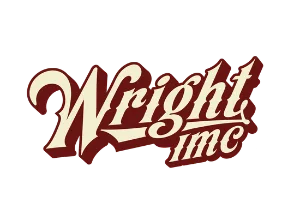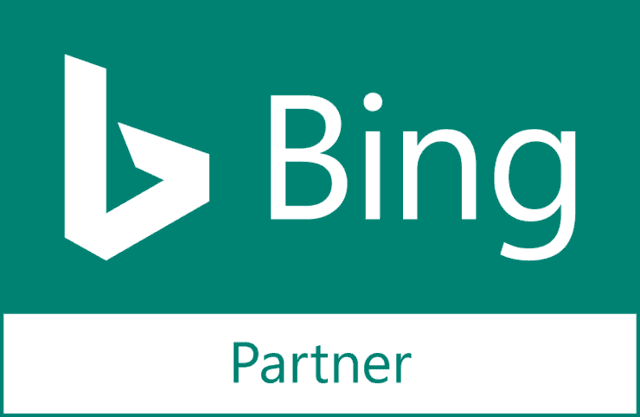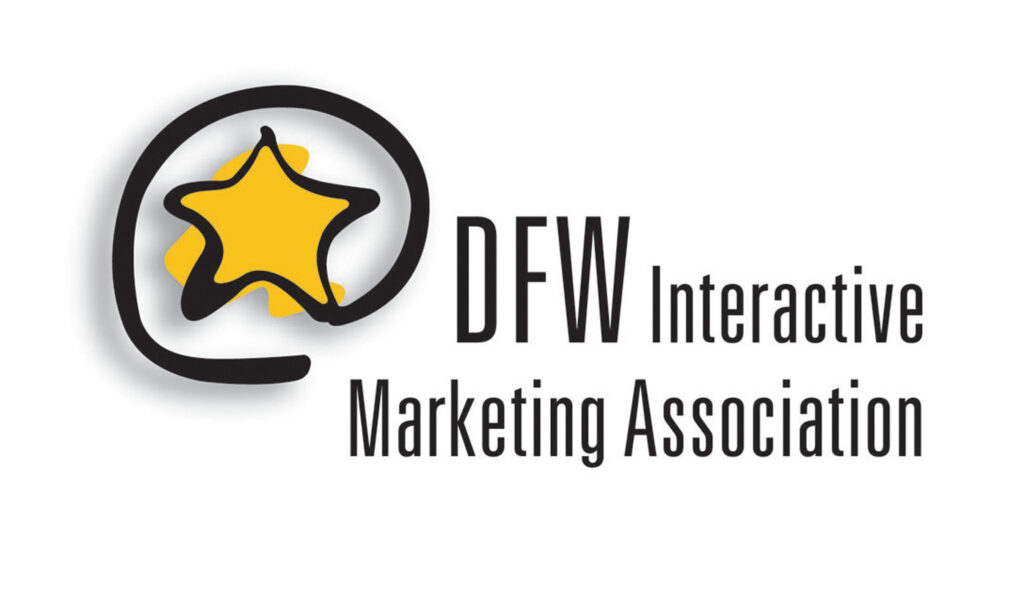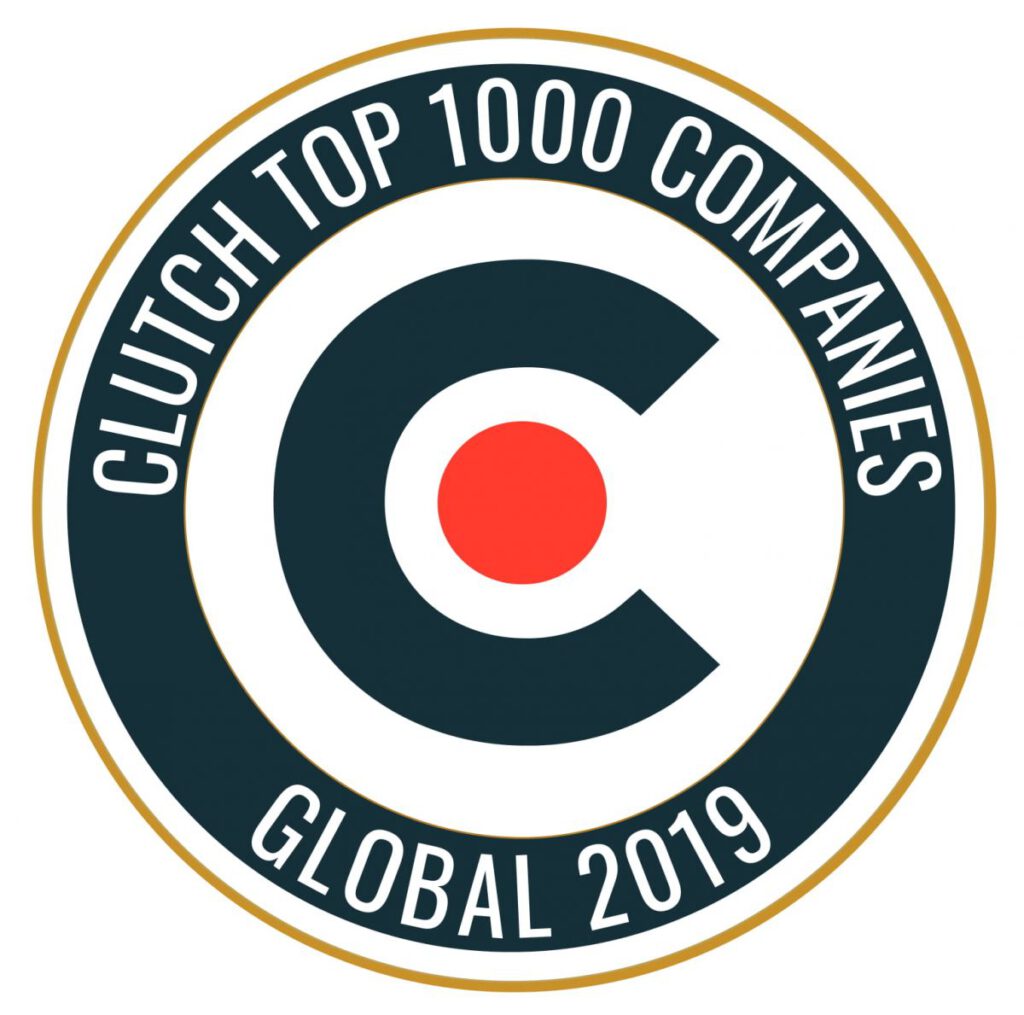Everybody at WrightIMC knows that I abhor the use of the word “content” to describe the information that businesses and marketers use to appeal to customers online. Content is what settles in a box during shipping. It’s a number you put in a field on a spreadsheet. Content takes the soul out of the stories that hardworking writers, photographers, and videographers try with all their might to tell. The Internet was created by technology geeks, though, and some of their languages have stuck with us. Until I can find something that doesn’t evoke naptime in kindergarten, like “storytelling,” I’m stuck with it.
On the other hand, the vast majority of marketing material I see online doesn’t have any soul. So, I’m happy to call that content. While business people work ceaselessly on their products and services, they can’t, by and large, tell you why you should buy from them instead of their competitors. They lament having to compete on price alone, but that’s the only reliable information they are giving people on which a decision can be made.
You have to learn how to sell to your customers, quickly and succinctly. And, don’t believe what people say about online customers looking for a relationship or engagement with brands. They want content they can use to make a decision – interesting content they can use to make a decision.
“We have the best customer service!” is not an elevator pitch to a customer. All of your competitors say the same dang thing. And, all of you screw up every once in awhile, and inevitably it’s with some nut who loves to write crazy stuff on the Internet. So, we can’t even rely on Yelp or another review site to set us straight. It’s the only information more worthless than your website.
Think about your elevator pitch in terms of Twitter. Can you fit it into 140 characters? If not, you really ought to be able to do it in 50 words. It should be the first thing your customers see about you, and it should motivate them to carry on finding out more.
That more should be your unique selling propositions. Again, what do you have that your competitor doesn’t? Talk about that – unless it’s better customer service, except if you’ve won an award and can post a photo of it. Here are your best resources: Data that nobody else has or information/reviews about a product that nobody else has. Talk about your data in a way that it can’t be used directly by potential customers or competitors, but it shows your expertise – your authority. If you sell a product that dozens of other businesses sell, then you must compete on price. But, all things being equal, an authentic, detailed review can make a person buy it now.
Bonus: If you have information nobody can duplicate, Google will love you – eventually. Data falling on the Internet may exist, but nobody can hear it until an SEO points them (and Google) in the right direction.
Everybody is looking for an easy way to attract customers and get them to purchase. We talk about “shiny object syndrome” at work all the time. But, the easy way out eventually fails. Creating good online content requires thought, it requires putting your company’s personality into it (unless you don’t have one or have a bad one, but that’s my next post), it requires strategy, and it requires consistency and dedication. After that, it requires training, skills, and lots of effort on the part of writers, artists, and videographers to make it engaging and useful for customers.
You know, I’ve never pulled a muscle creating good content, but it’s still the hardest work I’ve ever done.





